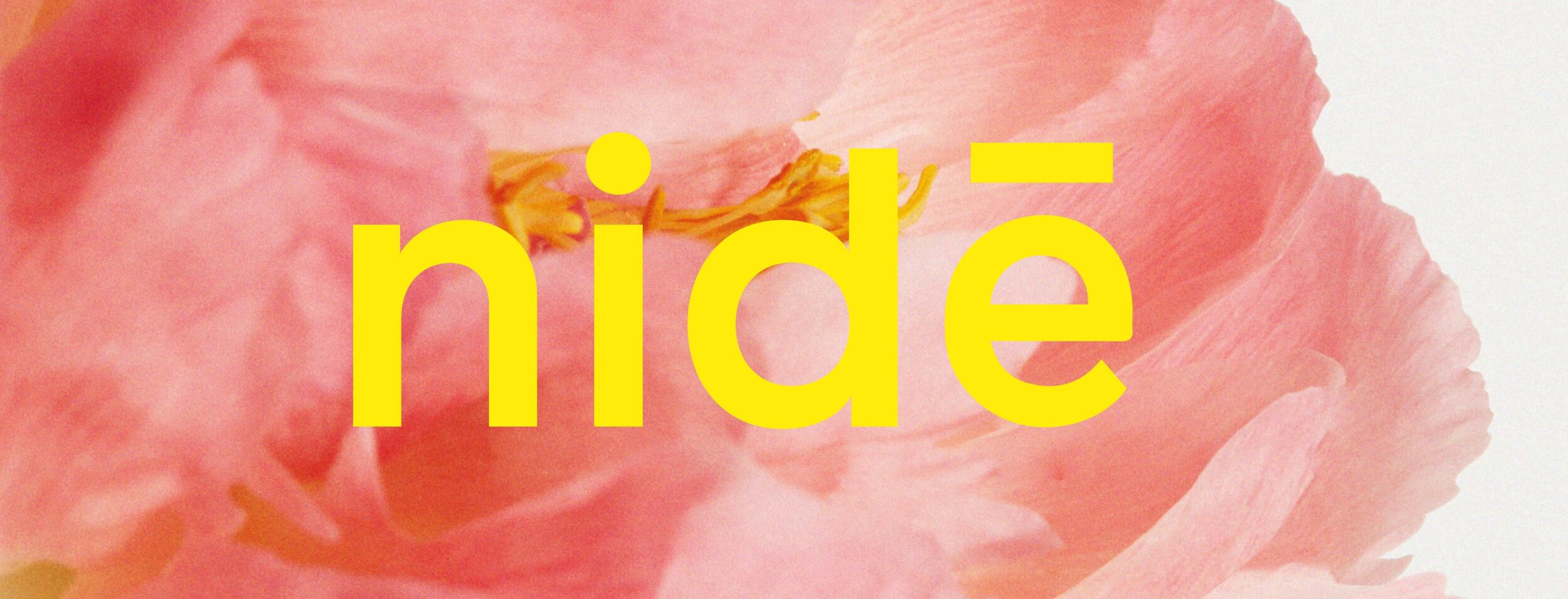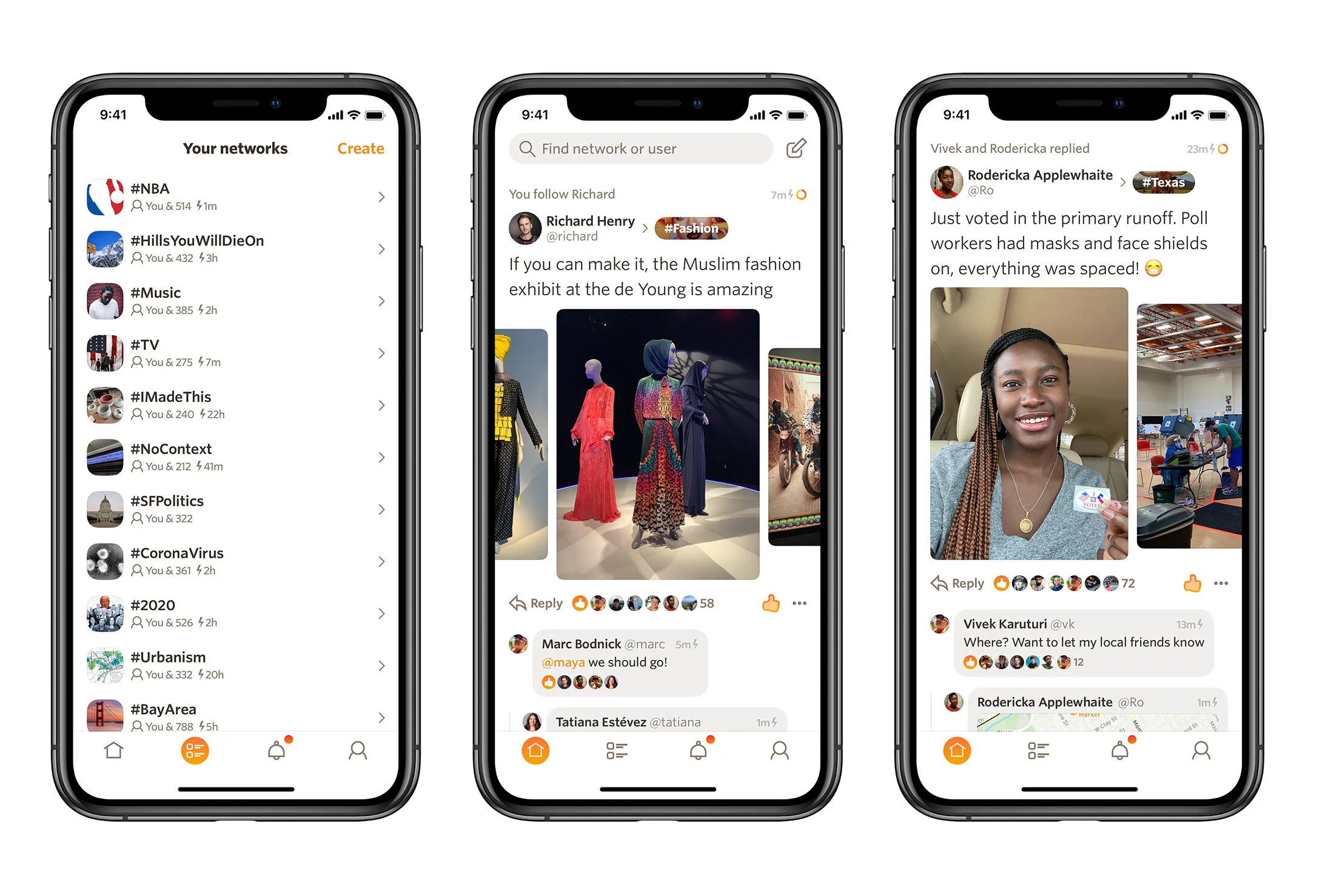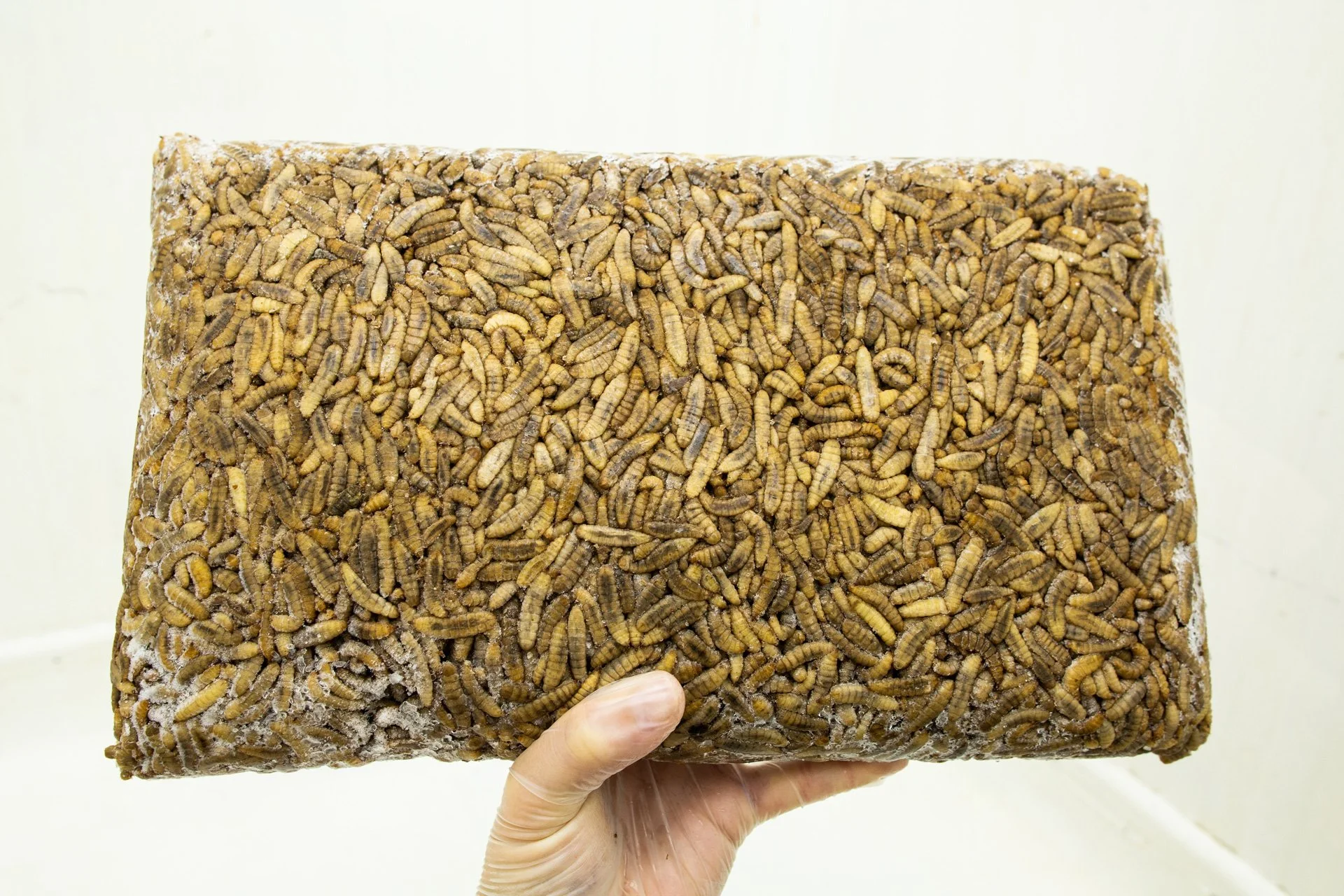Nide — for crowdsourced skincare
Nide is a French cosmetics manufacturer that's embraced the “creator economy” to provide new products for niche audiences.
The company specialises in clean cosmetics, a growing trend in makeup and skincare. But instead of creating products that it feels fit the most people the best (or looking at it another way, with the least compromises), Nide looks for niches by asking its consumer base what they really want from their products.
‘Have you ever said, when speaking to your friends, “If only this thing existed”?’ Nide’s website asks. Nide wants you, the consumer, to share those wild wishes with it so that you can “Co-create Tomorrow”.
The initiative goes beyond simple consumer research, and instead, uses the consumer as idea generator and engineer. And where it gets interesting is that Nide will pay consumers for their ideas.
The process works like this:
Send Nide your idea - as simple as a comment or as developed as a prototype.
If the company thinks your concept has potential (and passes specific practical criteria), it will pay you €500 and then ask the community to vote on the proposed product.
If the community supports your idea (amasses 2000 votes), Nide pays a further €1500 and begins manufacturing “V1” of your product.
If the product works in the real world (with Nide’s own improvements and optimisation helping out), the company will launch that product and you, the generator of the idea, will earn 10% commission of the product's future sales.
There have, of course, been brands with a similar model in the past - Threadless comes to mind in the world of fashion/design. So it will be interesting to see if the business can sustain itself beyond the early buzz around its model.
Most companies in most categories focus on '“big” opportunities... What is the biggest need out there? What are most people looking for? How can we serve as many of them as possible?
But what is fascinating about Nide in skincare is that they start by looking at small. Lots of small. And it’s found the perfect business model to help them to do that.
As challengers, perhaps what we need to think about is not necessarily what our brand says or even does in marketing as we try to achieve our objectives, but what new opportunities could we embrace from a business model perspective to accomplish those objectives faster.





















